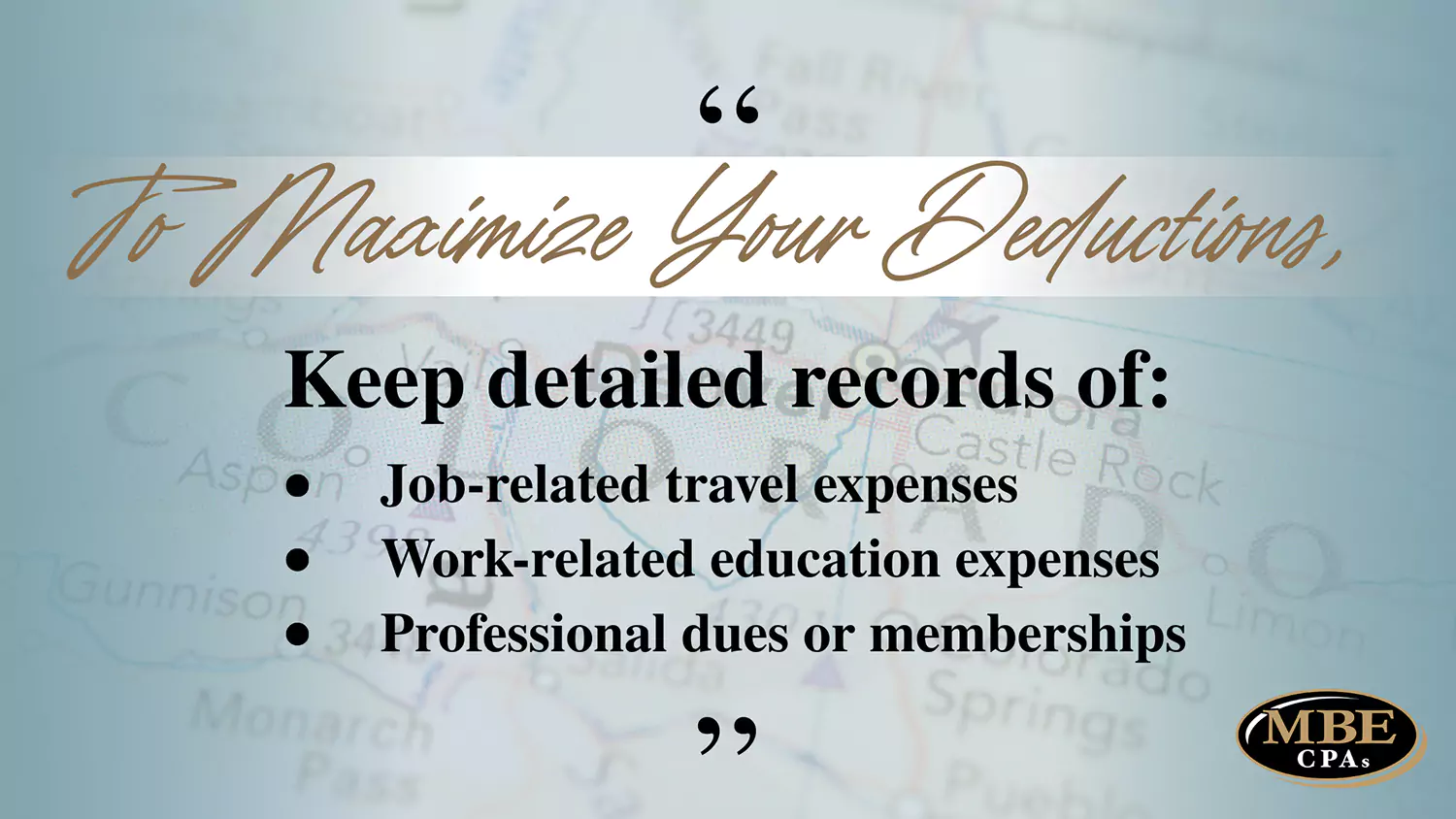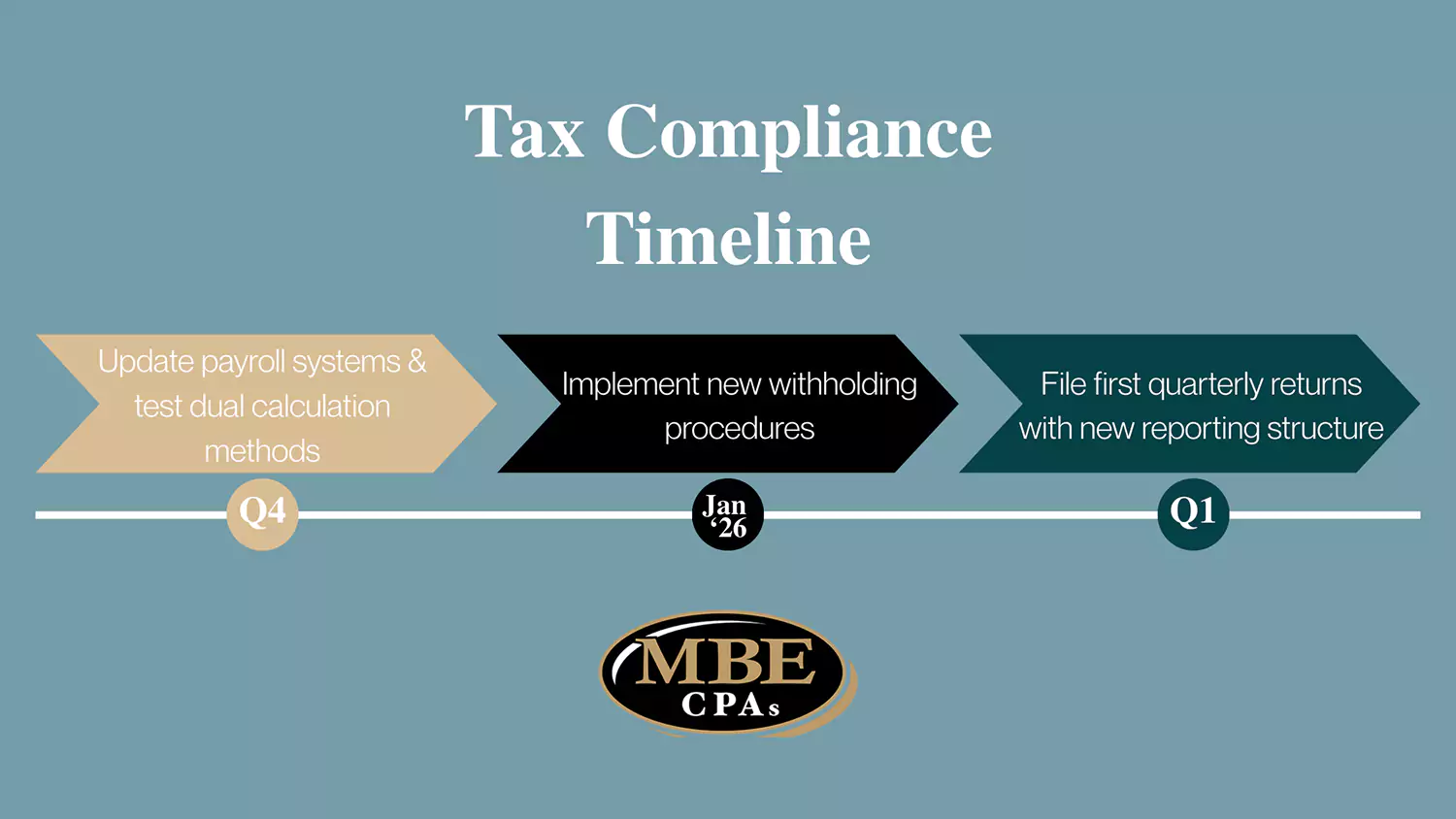How You Would Save if Colorado Followed No Tax on Overtime

Colorado follows a trendline of aligning their tax laws with the federal government, carrying exemptions to state taxes. President Donald Trump’s tax and spending law, the ‘One Big Beautiful Bill Act,’ includes temporary tax deductions for some overtime and tip income. The overarching question is whether Colorado will comply with the new tax cuts or not.
Featured Topics:
An Overview of Colorado’s 2025 Lawsuit & Response
When the One Big Beautiful Bill Act was enacted, tax relief for overtime workers nationwide was enacted. However, this federal exemption does not apply to salaried workers.
Nonexempt employees who work time-and-a-half hours could claim a federal income tax deduction through the years 2025-2028.
Colorado took preemptive action to ensure the state will continue collecting income tax on overtime pay.
On May 16, 2025, Colorado signed HB 1296 determining that any overtime compensation excluded from a taxpayer’s federal gross income is still counted as state taxable income.
On July 24, 2025, the conservative advocacy group Advance Colorado filed a lawsuit that will continue taxing overtime pay according to state law, even if it is no longer subject to federal income tax. The lawsuit stands on the grounds that under the Taxpayer’s Bill of Rights, voter approval is required for this tax increase.
Additionally, the lawsuit contends that the state would collect a net tax revenue gain from this requirement. Including overtime pay in the Colorado income tax calculation while federal exemptions exist creates an additional tax burden for residents.
What is the Financial Impact on Colorado Residents?
The issue, at its core, is that since Colorado broke from their pattern of aligning with federal tax, taxpayers will have to pay the 4.4% income tax on overtime wages, even with a federal exemption.
Federal law now caps the deduction at $25,000, decreasing the value for income that’s over $150,000. Although temporary, the change is significant.
If Colorado had chosen to align with federal tax policy, residents would be experiencing double the tax relief. Here’s what Colorado workers are missing:
Scenario 1: For a Colorado worker with an annual salary of $75,000 working 8 hours of overtime a week provides an extra $17,308 annually. However, Colorado taxes on overtime will take $736 of that overtime wage.
Scenario 2: For a different worker making $52,000 and working 15 hours of overtime a week, totaling $14,625 in overtime a year. The total tax loss on overtime for this worker would be $622.
Economic Implications
The decision to maintain overtime taxation affects broader economic activity. Rather than having Colorado collect these taxes to protect the state budget, the additional overtime pay would likely have led to:
- Increasing retail sales
- A rise in housing market benefits
- An increase in resident savings and investments
This opportunity cost is also recognized in nearby and adjacent states, as many have not conformed to the federal tax change.
The main cause of disappointment is that the pattern was broken by this law, one that would have greatly benefited Colorado taxpayers. Colorado recently requested public input regarding new and amended rules but did not include overtime tax as one that is seeking comments.
This approach creates potential disadvantages for Colorado in attracting and retaining workforce talent.

MBE Recommendations for Colorado Taxpayers & Businesses
The new tax burden could affect all residents in Colorado, from employers to tax preparers. Several tools and methods are available to track overtime.
To mitigate these changes implemented by HB 1296, here’s what should be done before the next tax season:
For Employers, the risk of misclassification of employees and backpay penalties increases. It is advised that employers take these actions now:
- Ensure their payroll systems are updated to track overtime wages separately for reporting purposes.
- Understand the compliance timeline and deadlines
- Properly communicate to employees when the effective state taxation date is.
- Evaluate whether to reclassify employees or raise salaries to maintain exemption
- Proper audit preparation to show compliance with the correct jurisdiction’s rule
Employees may adjust their W-4 form to reduce tax withholding. Be ready to update your payroll as a result.
Where do the rest of the taxpayers fall?
Whether you report overtime or help your client with the process, these changes will affect you. Here are some suggestions for preparing for this tax season:
- Employees: Take measures to understand the new tax burden and the estimated adjustments to their tax payments. It is recommended to implement proper record-keeping to track the state and federal withholding differences on your pay stub.
- This is where you may consider adjusting your savings for retirement. To uncover the strategy that will help you maximize, consider MBE Wealth.
- Tax Preparers: Run all necessary software updates and prioritize client education and training. Proper quality control procedures should include review processes and consideration of potential liabilities from HB 1296.
Maintaining tax compliance is a key responsibility for any business owner. Recognizing these challenges can allow your business to have a positive impact on the economy and prevent tax fraud.
Learn more about what you can do to keep a thriving business.
The Tax Compliance Timeline
Before this year’s end, employers also should follow the Tax Compliance Timeline:
- Q4 2025: Update payroll systems and test dual calculation methods
- January 2026: Implement new withholding procedures
- Q1 2026: File first quarterly returns with new reporting structure

How MBE CPAs Can Help
Is your business compliant with Colorado’s Overtime rules?
The future of your business is relying on the strategies you implement to properly follow tax regulations. Consider seeking professional help to navigate the complex tax changes. A tax specialist can identify the relief opportunities for your business so you can devote your time to daily operations.
As a business owner, or an overtime worker, you may not have time to keep track of changing tax laws. At MBE CPAs, we help Colorado businesses navigate payroll and labor law compliance issues. With a consultation for classification reviews or compliance audits, you can run your business operations with confidence.
Conclusion
While Colorado has chosen to split from the federal overtime tax policy, the federal change still impacted the state residents. Business owners should stay updated on how their operations will be impacted immediately, as well as moving forward.
Future legislative sessions may reconsider this approach as economic impacts and tax laws are frequently subject to change. It is recommended to watch which laws may recirculate in the upcoming legislation sessions and continue to adapt to changes in compliance.
The current situation proves the importance of taking immediate action and seeking professional help to understand the tax relief opportunities you qualify for.
For assistance with Colorado overtime tax compliance, contact MBE CPAs. Our team specializes in helping businesses navigate complex tax and compliance requirements.
